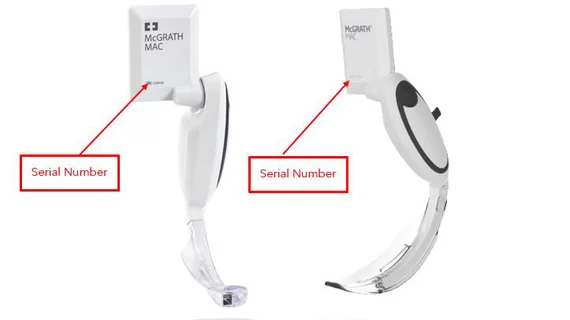Medtronic warns of unauthorized sale of dangerous products
Several laryngoscopes have surfaced on various social media platforms through unauthorized third-party sellers, prompting manufacturer Medtronic to send out a warning. The company said the scopes are defective and could pose a very serious threat to patient safety. They also said they were stolen.
The McGRATH MAC video laryngoscope is a medical device used to assist with tracheal intubation, often in critical medical situations where a patient is in crisis. However, the compromised scopes did not pass a quality check and were slated to be destroyed.
Medtronic said it is collaborating with regulatory authorities and law enforcement agencies to remove unauthorized advertisements and recover the stolen defective products. However, it’s likely too late to retrieve all of the stolen devices. Medtronic is warning providers and patients not to use the scopes for any intubation procedure, as it could lead to severe complications or death.
The devices in question can be recognized by the presence of a serial number and packaging in one of the two designated containers. Products with item code 301-000-000 –- as well as those lacking serial numbers –- should all be considered recalled and defective
In its alert, Medtronic provided the full list of serial numbers of the dangerous laryngoscopes. Anyone with information regarding the promotion or sale of potentially stolen products are encouraged to contact Medtronic Customer Service at 800-962-9888.
The company did not say how its products were stolen, nor how they ended up on social media marketplaces for consumer sale.

